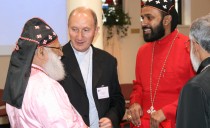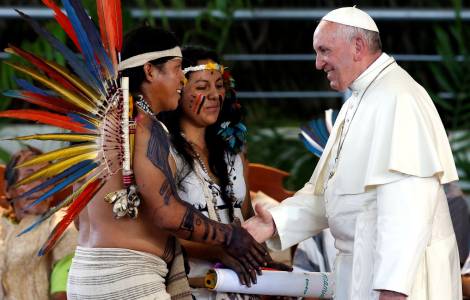The same longing for happiness
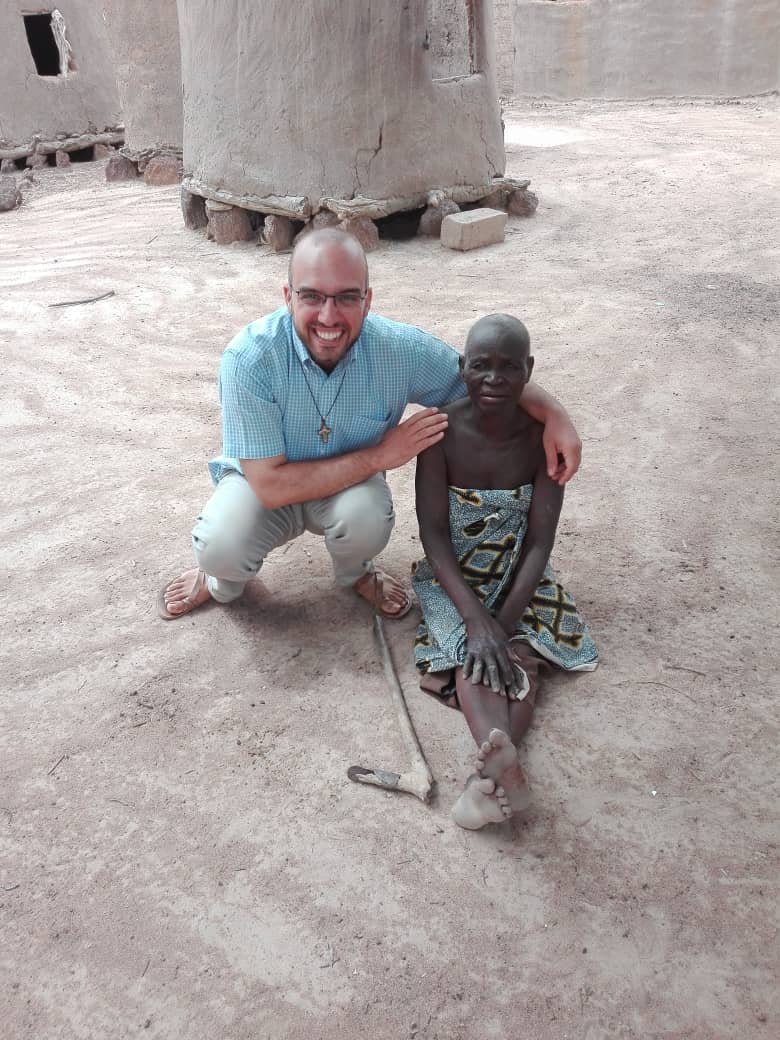 As he often does, a few days ago Fr. Domenico took advantage of a few spare moments and wrote, “I don’t feel I left on my own behalf or even for the Missionary Community of Villaregia to which I belong. I feel I am here on behalf of the whole Church – on behalf of people who are not able to leave their own country for a long period of time. That is why I am writing to you so that we can be ‘missionaries together.’” He wrote a long letter that was full of detail. He said that he was fascinated by a place that was “different from what we know but where men and women have the same desires, fears, worries and hopes as everyone else.” He continued by saying, “If you change the context, you change the problems and the impact they have on life. However, every human being, irrespective of whether they live in Europe or in Africa, longs for the same thing: they want to find themselves and be happy.” He explained what had happened the previous week. At 7 am two girls had knocked on the door. One was eighteen and the other twenty years of age and they both looked really sad. They had become friends a year ago when they were receiving instruction before baptism. The older girl was three months pregnant. The father of the child had disappeared as soon as he had heard the girl was expecting a baby. In that part of the world, to be pregnant without the recognition and support of the father is seen as a serious situation. The woman is labelled as being “no good”, she brings shame to her town, she will lose her job and be rejected by everyone, even her family. In fact, the friend’s sister with whom the pregnant girl had stayed, had said, “Now either you convert to our religion (a widespread sect) or you have to leave.” The two girls had run away together, desperately looking for somewhere to stay. Crying, the pregnant girl said, “I’ve been baptised – I know Jesus. I don’t want to betray him now. What am I going to do?” She didn’t even consider the possibility of abortion or of converting to another faith just to return to her life as it had been before. At just twenty years of age, true to herself as a woman and mother, she is capable of taking responsibility for her actions even though she has no money, home, family or good reputation. Fr. Domenico said that this made him think about his own faithfulness. He said, “Obviously, with the support of the other missionary priests, I tried to help her. At the moment, she is staying with a family from the parish who have given her a room in their poor home. Other people are in contact with her own family and are trying to persuade them to welcome her back. We are covering the costs of all medical checks which must be paid by the individual. Expenses are high for someone who has nothing.”
As he often does, a few days ago Fr. Domenico took advantage of a few spare moments and wrote, “I don’t feel I left on my own behalf or even for the Missionary Community of Villaregia to which I belong. I feel I am here on behalf of the whole Church – on behalf of people who are not able to leave their own country for a long period of time. That is why I am writing to you so that we can be ‘missionaries together.’” He wrote a long letter that was full of detail. He said that he was fascinated by a place that was “different from what we know but where men and women have the same desires, fears, worries and hopes as everyone else.” He continued by saying, “If you change the context, you change the problems and the impact they have on life. However, every human being, irrespective of whether they live in Europe or in Africa, longs for the same thing: they want to find themselves and be happy.” He explained what had happened the previous week. At 7 am two girls had knocked on the door. One was eighteen and the other twenty years of age and they both looked really sad. They had become friends a year ago when they were receiving instruction before baptism. The older girl was three months pregnant. The father of the child had disappeared as soon as he had heard the girl was expecting a baby. In that part of the world, to be pregnant without the recognition and support of the father is seen as a serious situation. The woman is labelled as being “no good”, she brings shame to her town, she will lose her job and be rejected by everyone, even her family. In fact, the friend’s sister with whom the pregnant girl had stayed, had said, “Now either you convert to our religion (a widespread sect) or you have to leave.” The two girls had run away together, desperately looking for somewhere to stay. Crying, the pregnant girl said, “I’ve been baptised – I know Jesus. I don’t want to betray him now. What am I going to do?” She didn’t even consider the possibility of abortion or of converting to another faith just to return to her life as it had been before. At just twenty years of age, true to herself as a woman and mother, she is capable of taking responsibility for her actions even though she has no money, home, family or good reputation. Fr. Domenico said that this made him think about his own faithfulness. He said, “Obviously, with the support of the other missionary priests, I tried to help her. At the moment, she is staying with a family from the parish who have given her a room in their poor home. Other people are in contact with her own family and are trying to persuade them to welcome her back. We are covering the costs of all medical checks which must be paid by the individual. Expenses are high for someone who has nothing.” 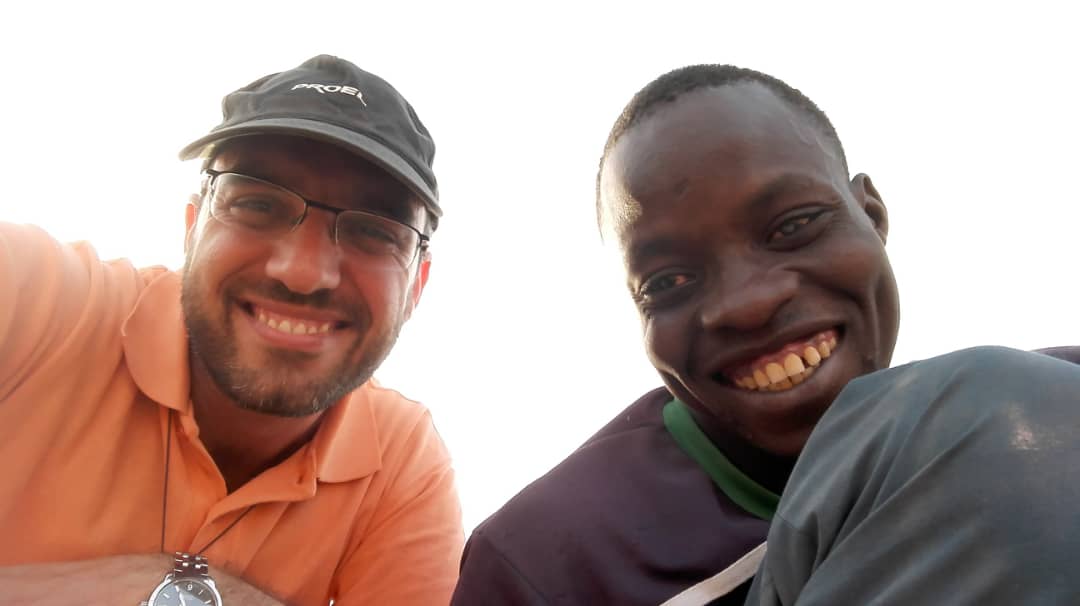 Domenico continues “I have begun to be good friends with Adam too. He is 23 years old. He had lost both his parents by the time he was 7 and he was brought up by a paternal uncle. He managed to continues with his studies as far as high school thanks to funding from a French NGO that operated an ‘adoption at a distance’ scheme. However, at a certain point, he had to stop because the money he had received was stolen. Thus, his hopes of studying ended. Now he lives on his own in a little house made of mud and he often doesn’t have enough to eat. His dream is to open a little office with a computer and sell stationery. He is always happy and never neglects his commitments in the parish. One Sunday afternoon, he was in the house with some other young people. When there was a pause in the conversation, he turned to me and said, ‘Why are you here? What makes a European missionary with lots of things to do in the parish – who knows people who have money, cars and beautiful homes – stay here with us? The only thing we have to offer you is a plate of corn and beans. What’s more, it is Sunday……’ Everyone was waiting for the answer. ‘You are important to God and important to me: that’s why I am here.’ One of them said, ‘OK then. If we are important, then we must celebrate,’ and he went to buy some beer.”
Domenico continues “I have begun to be good friends with Adam too. He is 23 years old. He had lost both his parents by the time he was 7 and he was brought up by a paternal uncle. He managed to continues with his studies as far as high school thanks to funding from a French NGO that operated an ‘adoption at a distance’ scheme. However, at a certain point, he had to stop because the money he had received was stolen. Thus, his hopes of studying ended. Now he lives on his own in a little house made of mud and he often doesn’t have enough to eat. His dream is to open a little office with a computer and sell stationery. He is always happy and never neglects his commitments in the parish. One Sunday afternoon, he was in the house with some other young people. When there was a pause in the conversation, he turned to me and said, ‘Why are you here? What makes a European missionary with lots of things to do in the parish – who knows people who have money, cars and beautiful homes – stay here with us? The only thing we have to offer you is a plate of corn and beans. What’s more, it is Sunday……’ Everyone was waiting for the answer. ‘You are important to God and important to me: that’s why I am here.’ One of them said, ‘OK then. If we are important, then we must celebrate,’ and he went to buy some beer.”  “The really hot season is over now. Our house was like an oven. The sheets were roasting, the water in the taps was 50 degrees centigrade. Now we are preparing for the rainy season. One young man told me that last year the rain was so heavy that his mud hut was nearly washed away. His wife had their third child a few weeks ago. He doesn’t earn very much, he has three children and a house that is half ruined. There was nothing very positive about his situation. However, when he saw me, he shouted out, ‘You have come to see us – it’s a sign that God is with us!’ That is the beauty of the people in Burkina Faso. It’s not by chance that the name of their country means ’the land of upright people.’” http://www.cmv.it/it
“The really hot season is over now. Our house was like an oven. The sheets were roasting, the water in the taps was 50 degrees centigrade. Now we are preparing for the rainy season. One young man told me that last year the rain was so heavy that his mud hut was nearly washed away. His wife had their third child a few weeks ago. He doesn’t earn very much, he has three children and a house that is half ruined. There was nothing very positive about his situation. However, when he saw me, he shouted out, ‘You have come to see us – it’s a sign that God is with us!’ That is the beauty of the people in Burkina Faso. It’s not by chance that the name of their country means ’the land of upright people.’” http://www.cmv.it/it

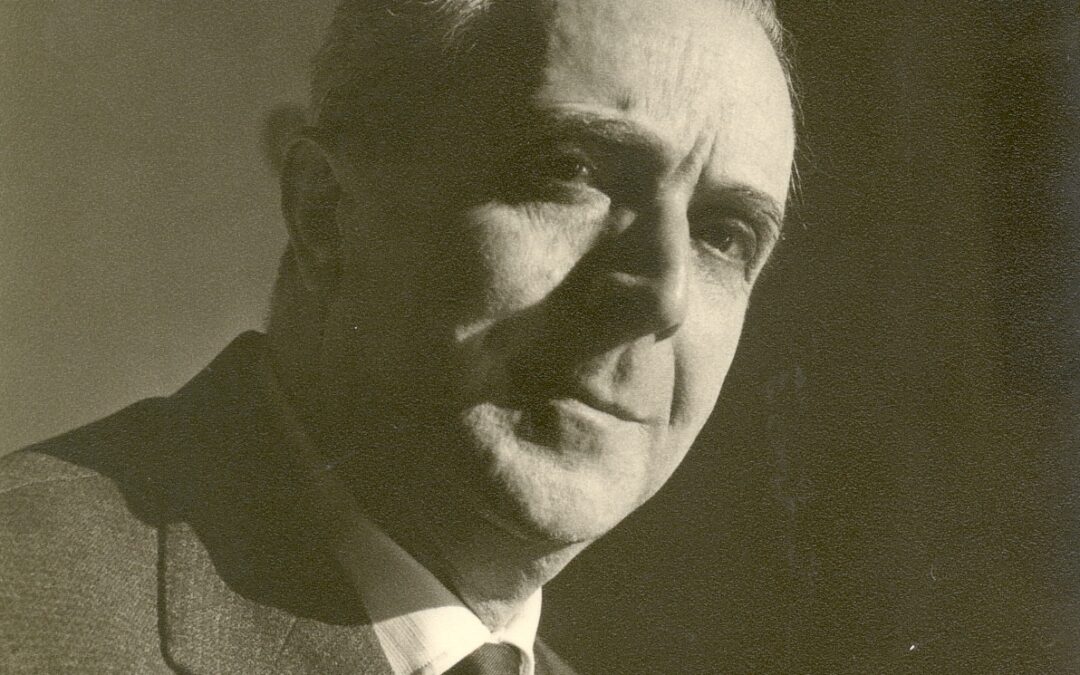
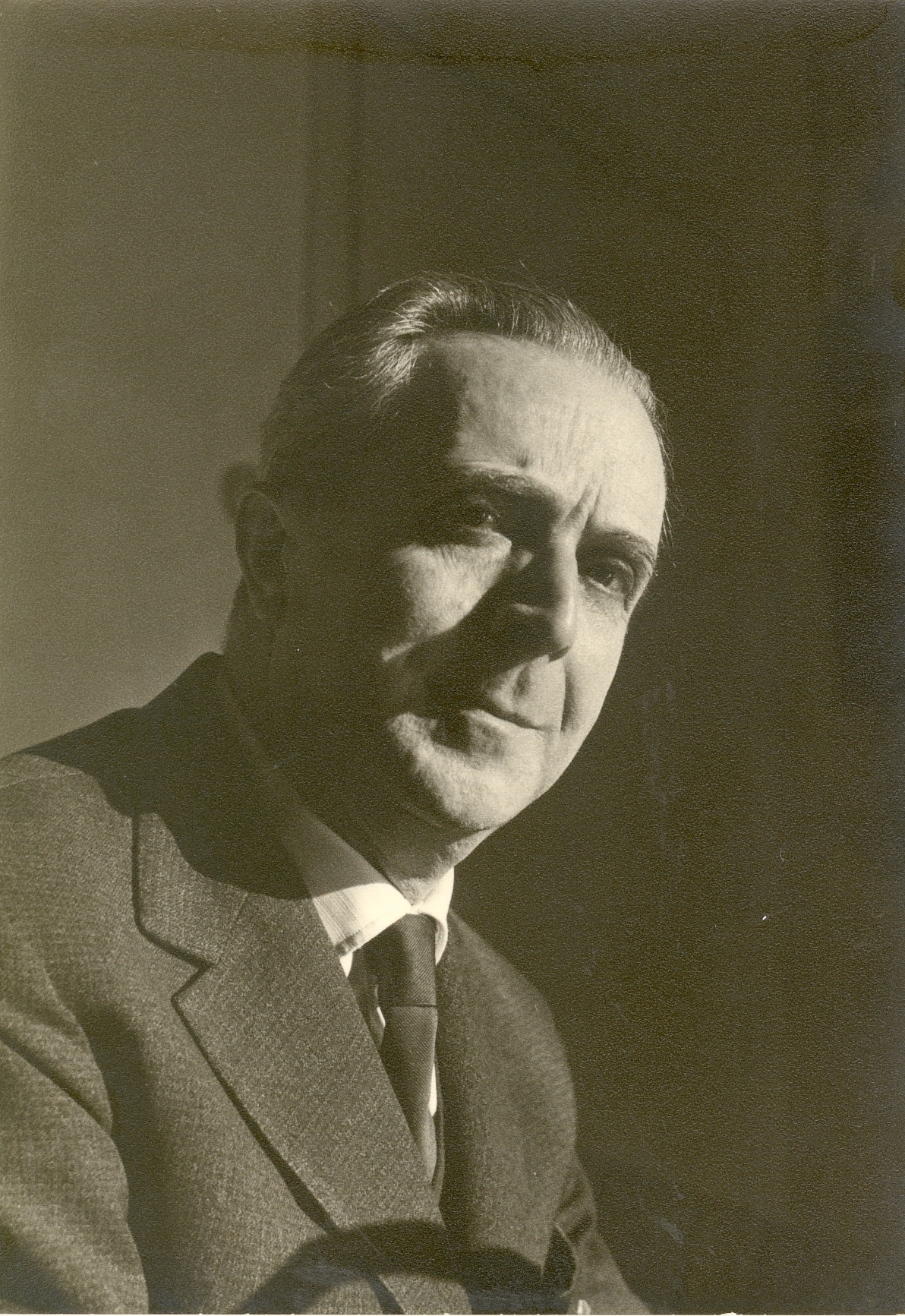 We won’t collect any laurels for what we are doing but we will have a clear conscience. I can’t understand why entering into politics and working in the realms of public life means that a person automatically stops being a Christian. When someone is part of that world, they separate faith from what they do: they reduce doing apostolic works to a denial or rejection of something: today it is anti-communism, in the past it was anti-liberalism or a rejection of Luther…….Denial is valid but once stated, you must take action. Affirmation is even more important. The most essential affirmation is this: whenever I meet another person, whether it be in church, along the road or in parliament, I am meeting a brother or sister, a child of God, redeemed by his precious blood. I must love that person irrespective of class, how they are dressed or what attitude they have. I think that reducing things to denial or rejection is settling upon the absurd idea that there is a right to hate, to avoid positive social action and to impoverish the gospel. Believing that Christianity can be dressed up in such a deformed way, making hatred lawful, is the same as believing that Christianity is a lubricant for human passions of greed and murder.
We won’t collect any laurels for what we are doing but we will have a clear conscience. I can’t understand why entering into politics and working in the realms of public life means that a person automatically stops being a Christian. When someone is part of that world, they separate faith from what they do: they reduce doing apostolic works to a denial or rejection of something: today it is anti-communism, in the past it was anti-liberalism or a rejection of Luther…….Denial is valid but once stated, you must take action. Affirmation is even more important. The most essential affirmation is this: whenever I meet another person, whether it be in church, along the road or in parliament, I am meeting a brother or sister, a child of God, redeemed by his precious blood. I must love that person irrespective of class, how they are dressed or what attitude they have. I think that reducing things to denial or rejection is settling upon the absurd idea that there is a right to hate, to avoid positive social action and to impoverish the gospel. Believing that Christianity can be dressed up in such a deformed way, making hatred lawful, is the same as believing that Christianity is a lubricant for human passions of greed and murder. 
